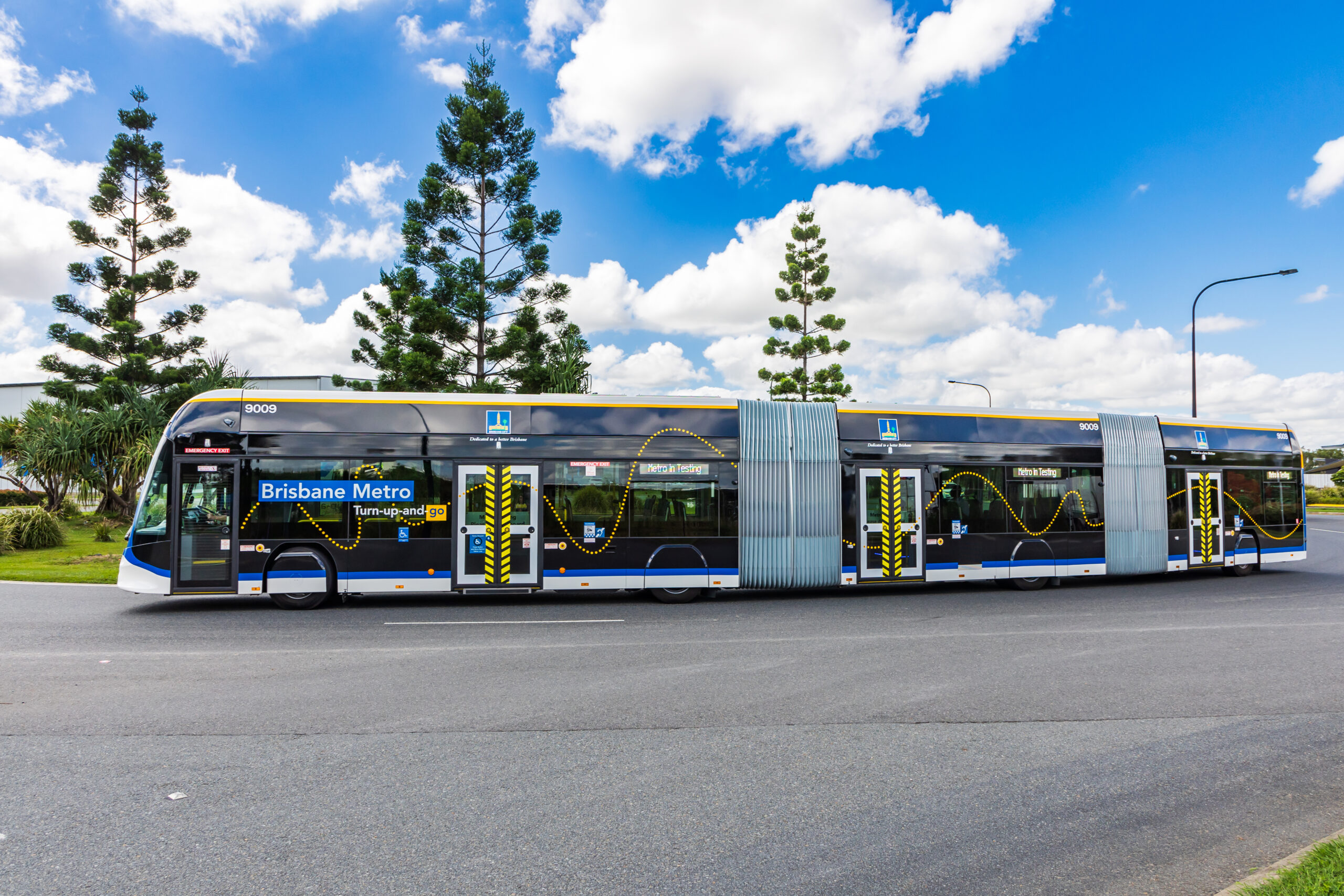
I was recently able to interview Celina Mikolajczak, Chief Battery Technology Officer at Lyten. Previously, she worked with Tesla for more than 6 years as a top battery engineer and manager. She’s also spent time at Panasonic, Uber, and Quantumscape. She’s excited about bringing lithium-sulfur batteries into a new era at Lyten, one in which they will become critical to electric flight, electric heavy-duty trucking, and more. Let’s jump into what she told us for CleanTech Talk.
After telling us a bit about her extensive and deep background in the lithium-ion battery space (including leading up the “cell quality” division at Tesla when ramping up the Model S and being the head of Uber’s battery division in the period of time when Uber dabbled with getting into the hardware business and eVTOL aircraft), Celina Mikolajczak summarized Lyten and its work for us. “Lyten is actually a materials company. We make 3-dimensional graphene materials. They’re different than planar graphene. They come in all kinds of different shapes. So, what it does is it allows you to make these materials work in a lot of different applications. So, some of the 3D graphenes that we make could be used to lightweight composites; they can be used to improve concrete — just by being mixed in; they can be used for a variety of different sensors because they have super high surface area — so you can do vapor sensing, you can do resident sensing. Super interesting.
“One of the other things that they can do is that they can hold onto other molecules, and for lithium-sulfur batteries, they can hold onto sulfur. Now, what is a lithium-sulfur battery? It’s kind of like a lithium-ion battery — but only kind of. Lithium is the ion that moves back and forth between anode and cathode, but instead of having a mixed metal oxide and NCA like what’s in my Model 3, or an NMC, you use sulfur as the cathode — and that’s kind of interesting. Sulfur is incredibly abundant. It’s incredibly cheap. So when you talk about wanting to electrify everything, the only way you get there is with a lithium-sulfur chemistry. Because sulfur is so abundant that you can actually do this.” Well, that’s a bold statement!
“You know, I want to electrify everything, right? And the only way you electrify everything is you go to a chemistry like lithium-sulfur, because that’s when you get to a chemistry that can be cheap enough that everyone’s car can run on a battery, it’s cheap enough and abundant enough that you can make grid storage and things like Powerwalls super available and abundant. So, with lithium-sulfur, you’re really going after energy abundance for the world, which — is amazing. It’s also super hard!”
A little later on in our conversation, we got into the benefits of lithium-sulfur batteries a bit more. “One of the great things about lithium-sulfur is it’s super lightweight,” Celina emphasized. “So, you can take a look at doubling the energy densities of a battery with lithium-sulfur compared to conventional lithium-ion. The volumetric energy density, mmm, not as good as nickel, but we believe we can make it better than LFP. So, you’re talking about energy densities that are way beyond LFP and volumetrically about the same. That’s amazing.
“And when you talk about the Tesla Semi, lithium-sulfur is probably going to get its first large-scale implementation in heavy equipment and trucks. Anything that’s big, where curb weight matters, lithium-sulfur’s going to be amazing for that. … And then, because the price of sulfur is so low compared to nickel, I expect that this is going to be the battery that’s going to be the budget option — for the regular car.” She’s referring specifically to something that’s a “much more budget car” than a Tesla Model 3, like the much discussed “$25,000” Tesla that’s supposed to be coming or even cheaper EVs.
One more highlight I’ll pull out from the interview comes from the end of the podcast. I asked Celina what actually hooked her about lithium-sulfur batteries and got her to switch to a focus on them. She responded, “The CEO of Lyten got me to come out and talk to him and have dinner, and he’s talking to me about these crazy energy densities that he can achieve and what costs he thinks he can achieve, and I’m thinking, ‘God, the guy is nuts, no one can do this,’ and then I started looking [into] this chemistry and I’m like, ‘Wait, maybe you can do this.’”
For more on battery chemistries, battery mineral supply, battery applications, and lithium-sulfur battery benefits, listen to the full podcast. You can also visit the Lyten website. Celina also gave her perspective on forecasts for the lithium-sulfur battery market in coming years and on where lithium-sulfur battery development fits relative to the historical development of other types of batteries.
You can find our CleanTech Talk podcast on Spotify, Apple Podcasts / iTunes, Google Podcasts, Breaker, Overcast, Pocket, Podbean, Radio Public, SoundCloud, or Stitcher.
I don’t like paywalls. You don’t like paywalls. Who likes paywalls? Here at CleanTechnica, we implemented a limited paywall for a while, but it always felt wrong — and it was always tough to decide what we should put behind there. In theory, your most exclusive and best content goes behind a paywall. But then fewer people read it! We just don’t like paywalls, and so we’ve decided to ditch ours. Unfortunately, the media business is still a tough, cut-throat business with tiny margins. It’s a never-ending Olympic challenge to stay above water or even perhaps — gasp — grow. So …



